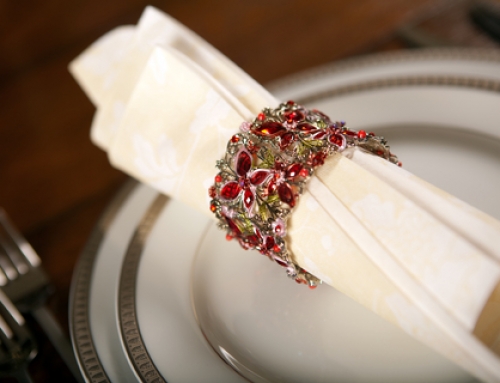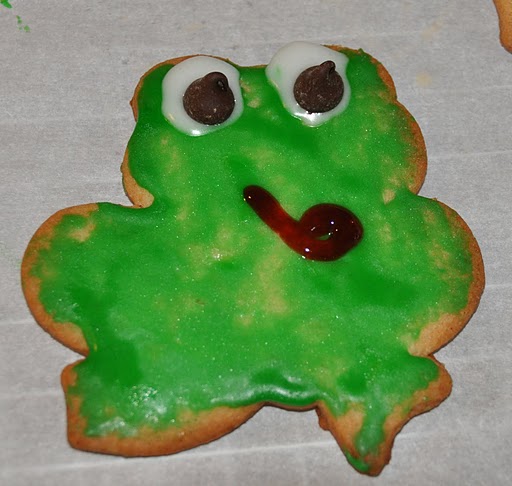In this week’s parsha, Bereshit, we meet Adam HaRishon, the first human. He is given the beautiful Garden of Eden as a home, a wife to be his partner, and so many trees from which he can pick fruit. What a life!
God says to him in Chapter 2 verse 16: “Eat from all the trees in the garden – just from the Tree of Knowledge you cannot eat!” There is one little restriction placed on Adam: one tree, from the hundreds, whose fruits he cannot eat.
When Adam eats from that forbidden tree, God reprimands him in Chapter 3 verse 11 by asking (rhetorically): “Did you eat from the one tree that I forbid you to eat from?!”
The Sages, here, compare Adam to Haman (from the Purim story). Can you see any similarity between Haman and Adam? What did Adam do that was even close to what Haman did to the Jews in Persia? How can the Sages equate them?
In Persia, everyone bowed down to Haman except one Jew, Mordechai. Haman was feared and respected by everyone in the King’s empire except this one Jew. But that made him so annoyed; he needed that one Jew’s respect. He told the king that he wanted to destroy the whole nation because of this one person.
Now back to Adam: he had every tree in the Garden of Eden! He could eat everything he wanted, except one tree. But that one tree became the focus of his efforts. He needed that one tree that was forbidden to him.
Have YOU ever been focused on one small thing you don’t have, even though you have so much you can enjoy and for which to be thankful? What prevents us from being happy and satisfied with what we have? How can we improve our appreciation?
What, in your life, do you look at as a glass that is “half-empty” but which you really you need to rethink as “half-full”? Think about a situation where you were so fixated on the one thing you didn’t have that you failed to recognize all that you did have!
May this new year be a year of “full glasses”! May we appreciate, enjoy, and feel content with all that G-d has given us.








Leave A Comment